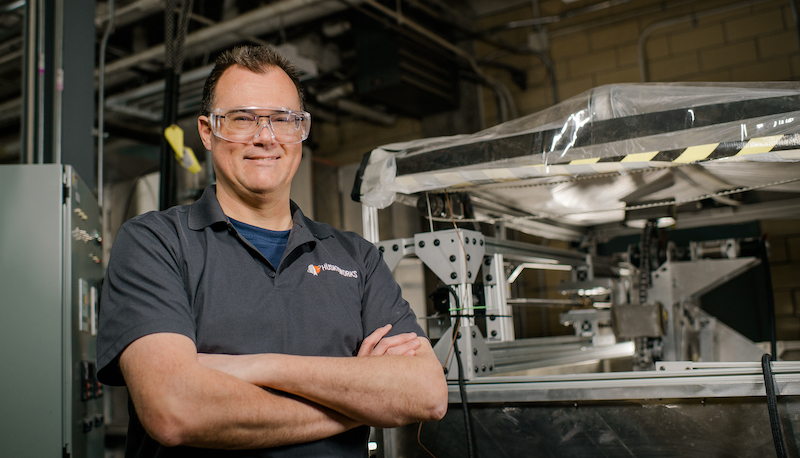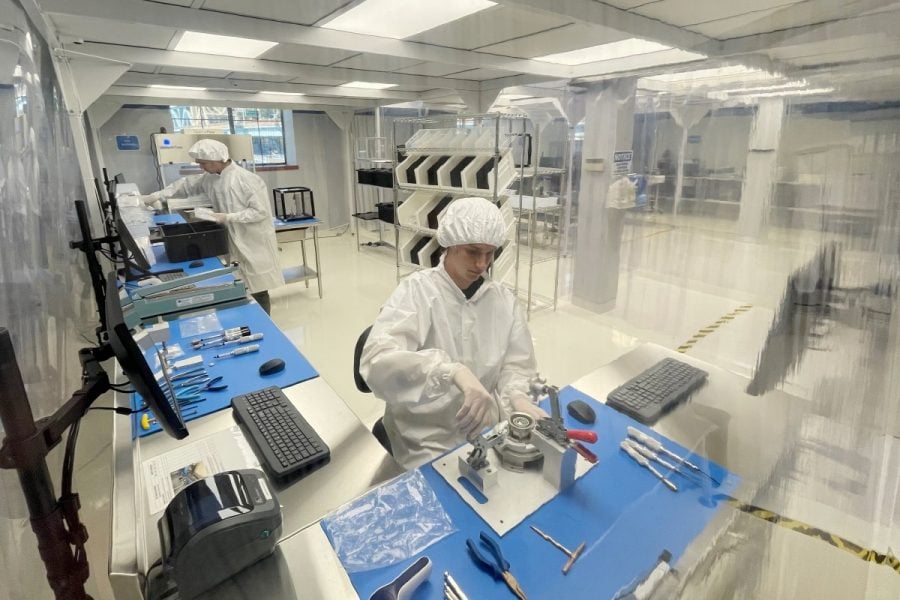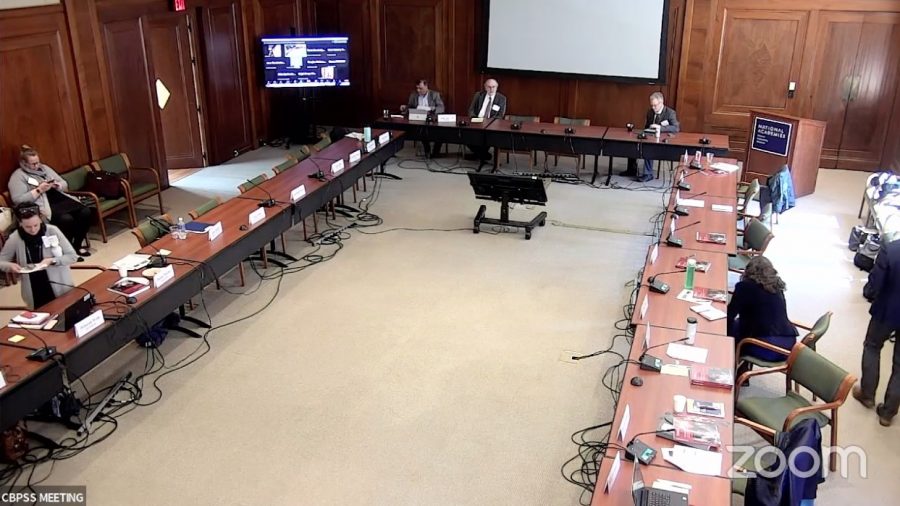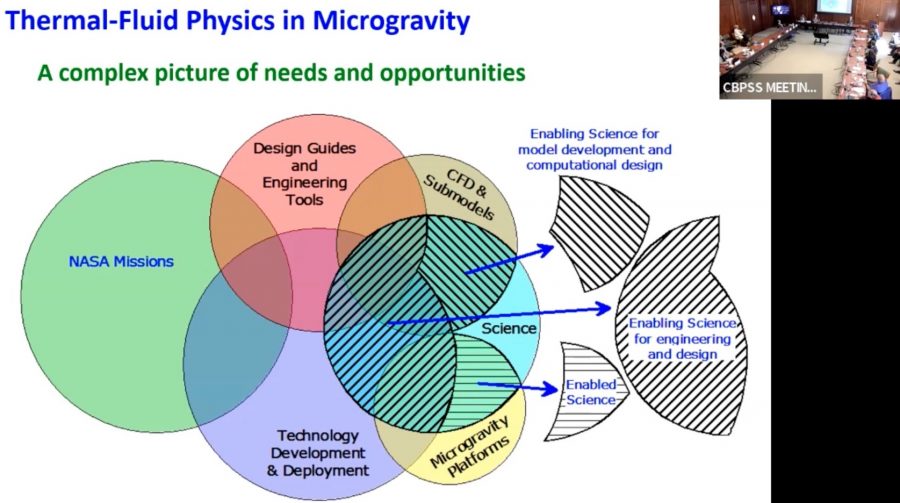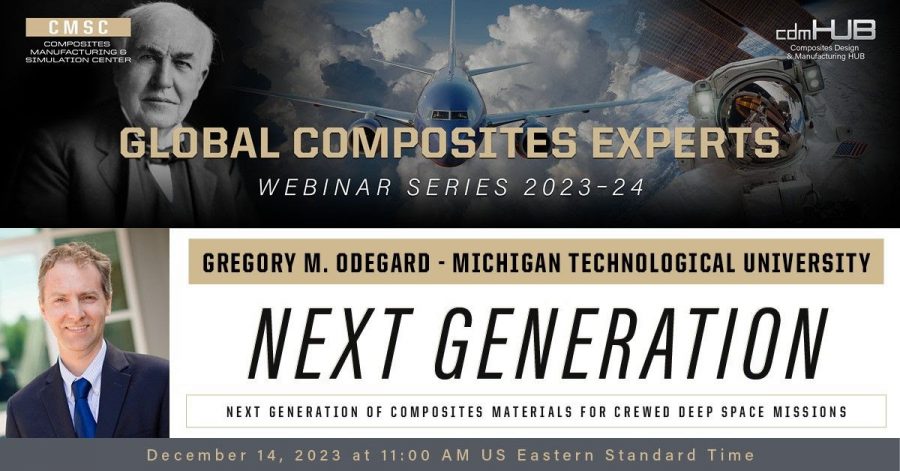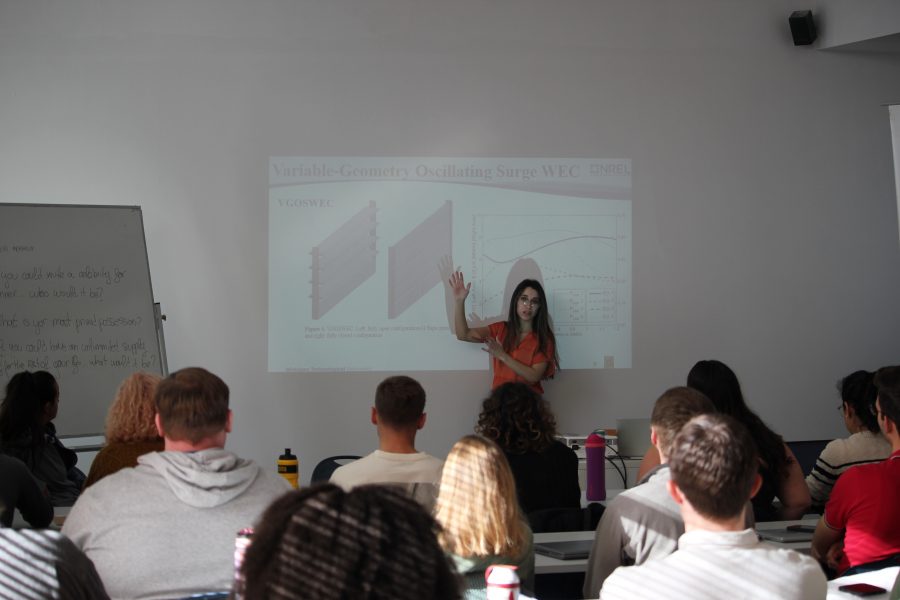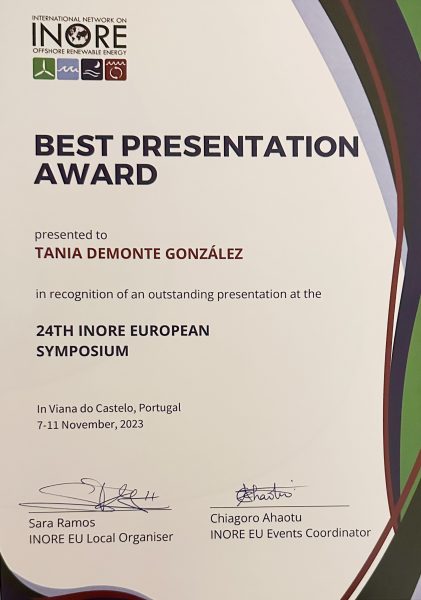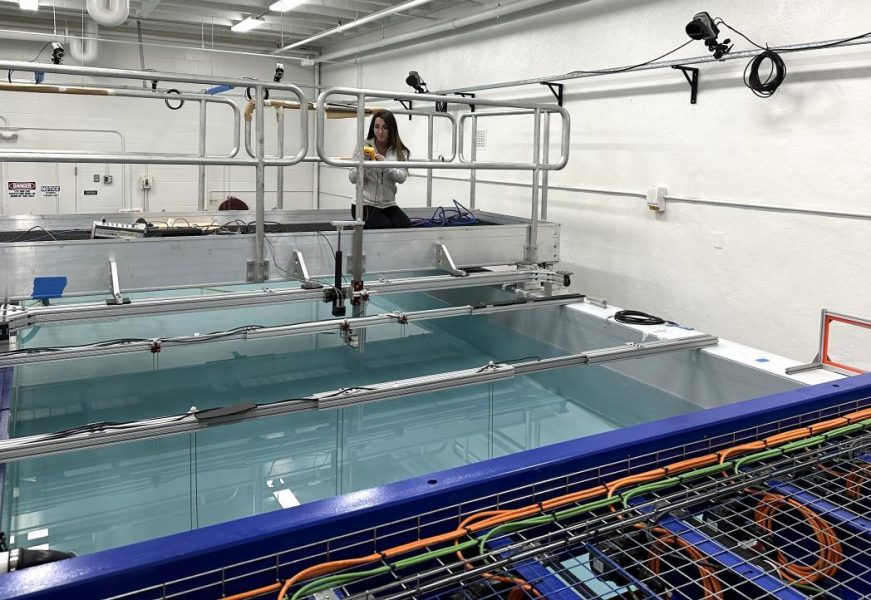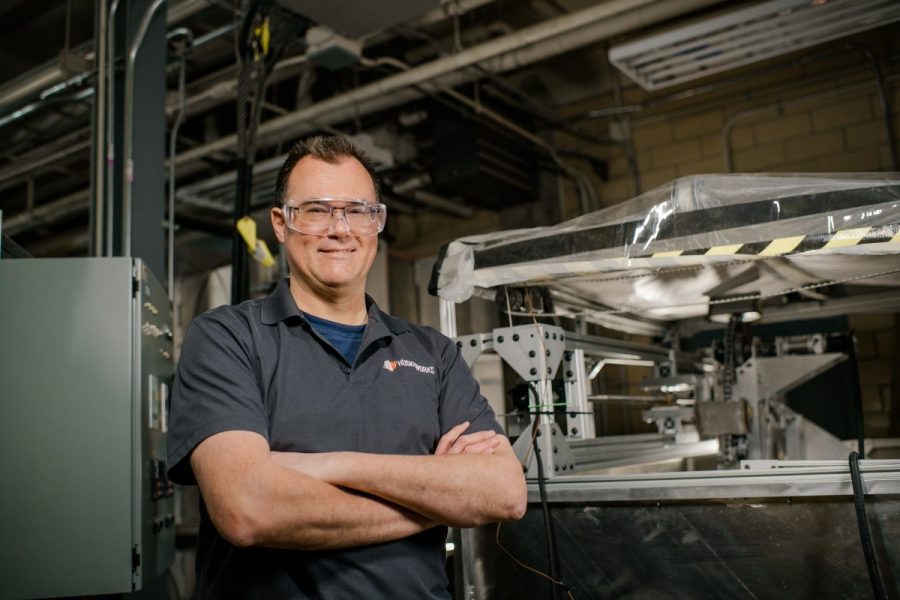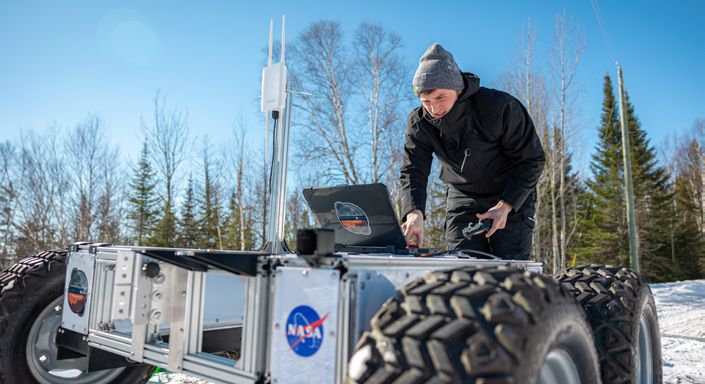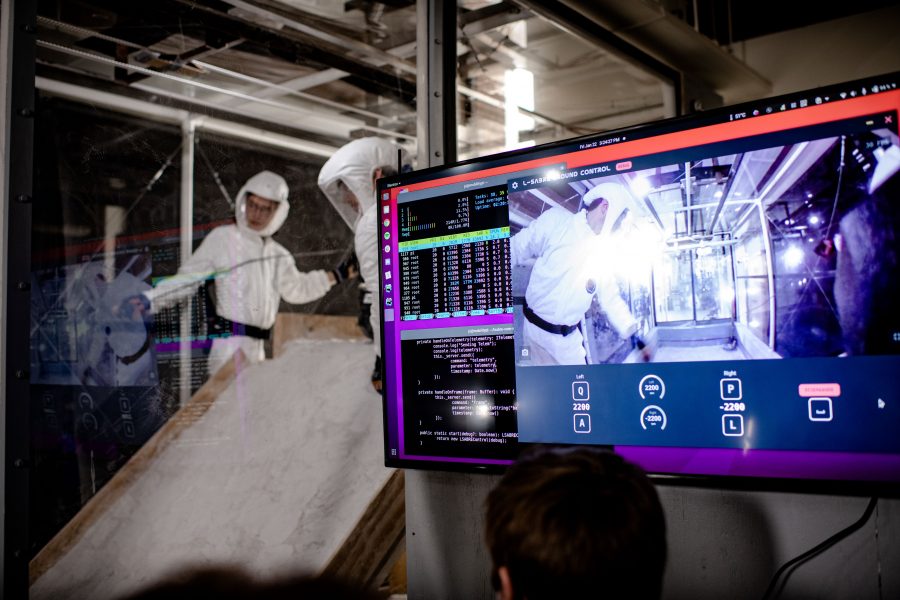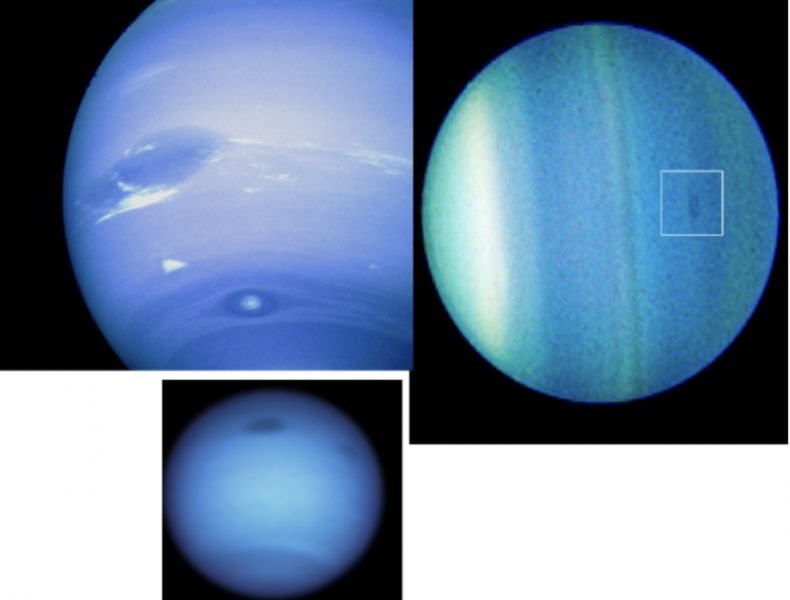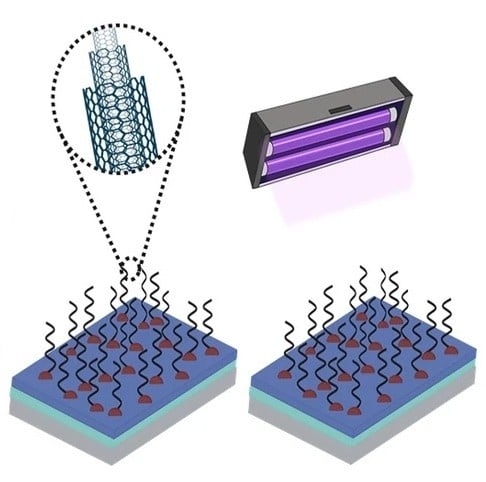Paul van Susante (ME-EM), assistant professor and Lou and Herbert Wacker Professor of Mechanical Engineering, is the recipient of the 2023 American Society of Civil Engineers (ASCE)’s Outstanding Technical Contribution Award.
According to ASCE Aerospace’s website, “The Outstanding Technical Contribution Award and the Outstanding Professional Service Award are the highest awards offered by the Aerospace Division. These are awarded based on nominations from division committees, and selection by the Executive Committee.” The technical contribution award is “given to an individual who has contributed substantially to advancing the state of the art in aerospace engineering, sciences and technology, and space exploration and construction with application to civil engineering.”
Van Susante’s award for 2023 was announced at the ASCE Aerospace Division’s Biennial International Conference on Engineering, Science, Construction and Operations in Challenging Environment. The 19th meeting of the conference, known as ASCE Earth & Space, was held in Miami, Florida, on April 15-18 hosted by Florida International University. Van Susante and other award winners are highlighted on page 19 of the conference program.
Van Susante advises two prize-winning NASA challenge teams and the Multiplanetary Innovation Enterprise (MINE) team at Michigan Tech. He heads the Planetary Surface Technology Development Lab (PSTDL, or Huskyworks).
